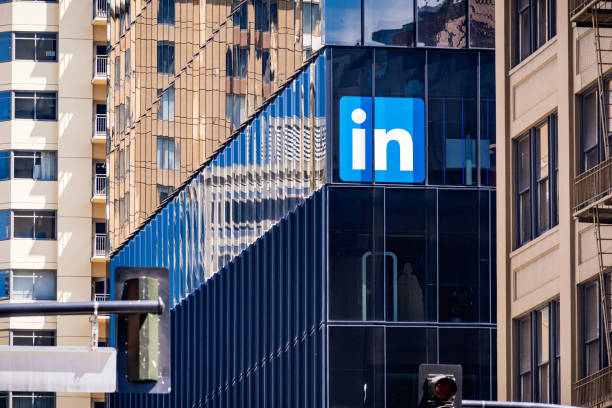Linkedin company page vs personal profile
LinkedIn Company Page vs. Personal Profile: Choosing the Right Presence for Professional Success
Introduction:
LinkedIn has become an indispensable platform for professionals looking to expand their networks, showcase their expertise, and engage with like-minded individuals. When it comes to establishing a presence on LinkedIn, there are two primary options: creating a LinkedIn Company Page or maintaining a personal profile. In this article, we will explore the differences between a LinkedIn Company Page and a personal profile and help you understand which option is best suited for your professional goals.
1. LinkedIn Company Page:
A LinkedIn Company Page is an official page dedicated to representing an organization or business entity. It allows businesses to establish a professional presence on the platform and engage with their target audience. Here are some key benefits of having a LinkedIn Company Page:
a. Brand Visibility: A Company Page provides an opportunity to showcase your brand, highlight your company’s mission, vision, and values, and share updates about your products, services, and achievements. It helps build credibility and brand recognition among LinkedIn users.
b. Recruitment and Talent Acquisition: A Company Page is an effective tool for attracting top talent. It allows you to post job openings, showcase your company culture, and share insights about your team, thereby increasing your chances of attracting qualified candidates.
c. Analytics and Insights: LinkedIn Company Pages provide valuable analytics and insights into your audience engagement, reach, and follower demographics. These insights help you measure the impact of your content and refine your strategies for better engagement and growth.
d. Sponsored Content and Advertising: With a Company Page, you can leverage LinkedIn’s advertising tools to reach a broader audience and promote your brand or specific content. Sponsored content, sponsored InMail, and other advertising options enable you to target specific demographics and maximize your marketing efforts.
2. Personal Profile:
A personal profile is an individual’s LinkedIn presence, providing a platform to showcase professional accomplishments, connect with peers, and establish thought leadership. Here are the advantages of maintaining a personal profile:
a. Professional Networking: A personal profile allows you to connect with other professionals, colleagues, and industry leaders. It provides a platform for building meaningful relationships, seeking mentorship opportunities, and expanding your network.
b. Thought Leadership and Personal Branding: A personal profile enables you to showcase your expertise, share industry insights, and contribute to relevant conversations through posts, articles, and comments. It establishes you as a thought leader and helps build your personal brand.
c. Job Search and Career Advancement: LinkedIn personal profiles are often used by professionals for job hunting, career advancement, and personal development. They provide visibility to recruiters, allowing them to assess your skills, experience, and professional achievements.
d. Recommendations and Endorsements: Personal profiles allow others to provide recommendations and endorsements, which further validate your skills and expertise. These social proof elements enhance your professional reputation and increase your credibility.
Choosing the Right Presence:
While both a LinkedIn Company Page and a personal profile offer unique advantages, it’s important to consider your specific goals and target audience when choosing the right presence. Here are a few factors to consider:
1. Business vs. Personal Brand: If you primarily want to promote your company or organization, a LinkedIn Company Page is the ideal choice. On the other hand, if you wish to establish your personal brand and showcase your individual expertise, a personal profile is more suitable.
2. Target Audience: Consider whether your primary goal is to reach and engage with a broader audience (Company Page) or build personal connections with industry professionals (Personal Profile).
3. Recruitment Needs: If your focus is on recruiting top talent, a Company Page allows you to showcase your company culture and post job openings. However, a personal profile can also contribute to recruitment efforts by positioning yourself as an industry expert and attracting professionals to your network.
4. Resources and Maintenance: Maintaining a Company Page requires dedicated resources and consistent updates. Assess whether you have the bandwidth and content strategy to effectively manage a Company Page or if focusing on a personal profile is more manageable for you.
Conclusion:
Both a LinkedIn Company Page and a personal profile offer distinct advantages for professionals and organizations. Consider your goals, target audience, and available resources when deciding which presence to prioritize. In some cases, maintaining both a Company Page and a personal profile can provide a comprehensive approach to LinkedIn engagement, allowing you to leverage the strengths of each platform for maximum professional success.






